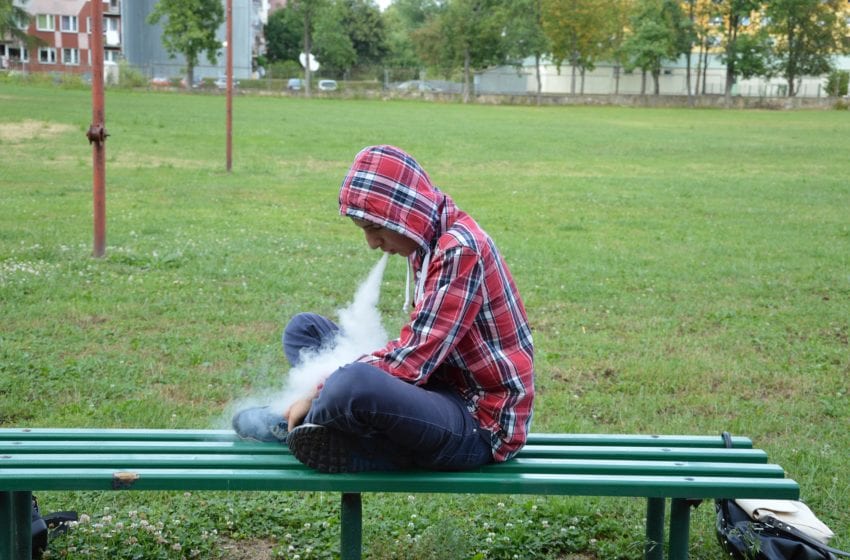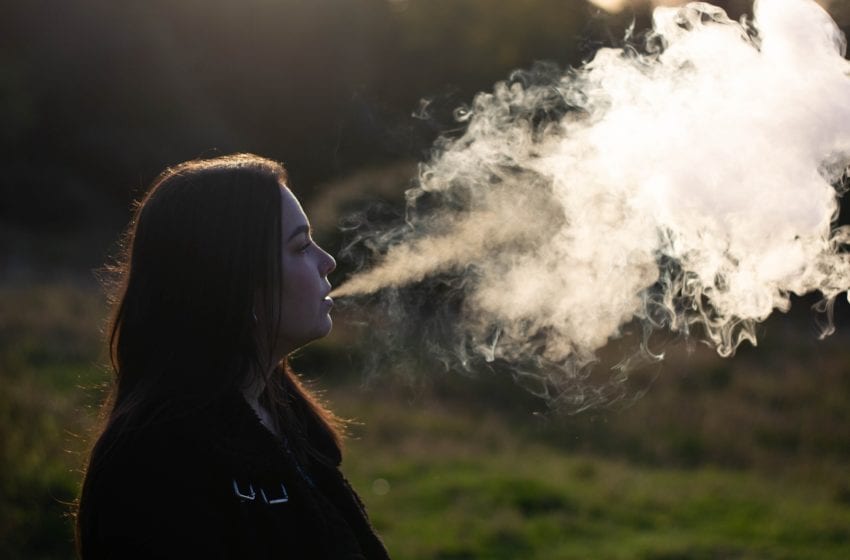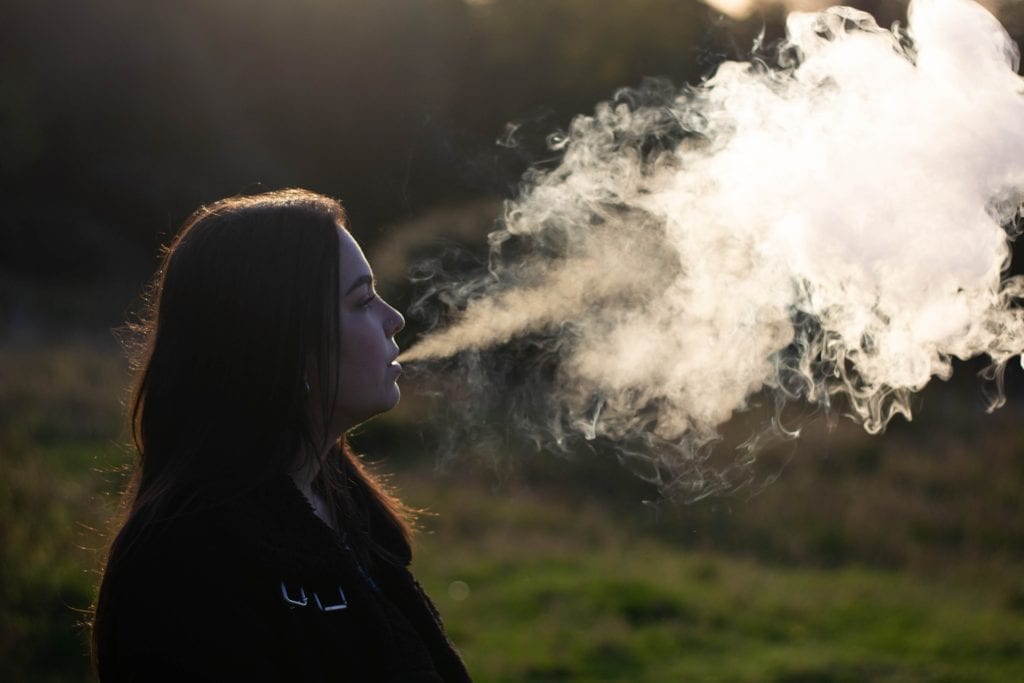The largest political party in Hong Kong has edged its support towards a ban on all vapor and heated-tobacco products. Democratic Alliance for the Betterment and Progress (DAB) of Hong Kong lawmaker Wong Ting-kwong, chairman of the Bills Committee on Smoking, said the government has asked him to host a meeting next Friday to decide whether the government should finalize its stance on electronic nicotine-delivery systems (ENDS).

According to reports, the DAB decided to throw their support behind the motion of a complete ban on the new tobacco products in a recent meeting, according to The Standard. With DAB lawmakers making up more than half of the committee on smoking members, the legislative amendment banning ENDS products is expected to be passed in this term. The proposed bill is aimed at amending the Smoking Ordinance by targeting ENDS products was introduced in February 2019 to outlaw the importation and sales – but not consumption – of ENDS products.
Liberal Party’s Peter Shiu Ka-fai said that while 64 countries, including China, had started regulating ENDS products, authorities should handle e-cigarettes and heated-tobacco products separately, as there is currently insufficient evidence to ban heated-tobacco products. Shiu also added that it would be unfair to ban heated-tobacco products but not traditional cigarettes, given they are all tobacco products.
The proposal was among four bills that the Legislative Council of the Hong Kong Special Administration Region (LegCo), the unicameral legislature of the Hong Kong Special Administrative Region of the People’s Republic of China, stopped working on last June. Legco stated at the time that it would not ban ENDS because “the products provide smokers with safer smoke-free alternatives.”
However, after Beijing endorsed the Hong Kong government’s request to extend the Legco term by a year, a new bills committee was set up last November. It last met in June this year to discuss the bill.
According to the Food and Health Bureau, the government plans to secure passage of the bill within the current Legco term, which will end in October, The Standard reports. Sales of e-cigarettes are currently banned in 30 jurisdictions, including Macau and Singapore.




















